WLUML Statement of Solidarity with the People of Afghanistan
As violence and injustice continue to escalate in the wake of the Taliban seizing control of the country, Women Living Under Muslim Laws (WLUML) stands in solidarity with the people of Afghanistan and urges the international community to support and protect women human rights defenders, civil society actors, journalists, women leaders including judges and politicians, as well as religious, ethnic, sexual and social minorities, and those who face reprisals by the Taliban. In recent times, the world has witnessed the Taliban systematically targeting women and girls, particularly those who are active in Afghan society. Their recent actions against women and minorities contradict their claims of reform, profoundly threatening advancements of the past decades.
Women’s rights and feminist advocates in Afghanistan have risked their lives for their communities, standing firmly in support of universal human rights. They have stood up and spoken out against fundamentalism, oppression, and corruption. Today, after decades of war, foreign intervention, suffering the consequences the military industrial complex, and fundamentalists’ misuse of women’s bodies as site of battle, contestation and power negotiations, many are in a precarious position, fearing that their hard-won gains will be lost. The women of Afghanistan have promoted greater access to education, employment, and healthcare and sought to entrench respect for human rights, democracy, economic justice and peace. They assumed leadership positions across various fields including in Parliament and the judiciary; despite constant threats from militarism and fundamentalism, they persevered in the hope for a better future. Relying on their deep knowledge and first-hand experience of their communities, they emphasised the importance of including civil society, particularly women and minorities, in peace negotiations. They reminded the international community and national leaders that a sustainable, just peace cannot be negotiated only between those holding the guns, but must meaningfully include the women who hold the communities together. Yet, excluded by foreign powers, the government, fundamentalists and warlords alike, they were not heeded.
Despite the Taliban’s public relations campaign and their claim to have moderated their stance on women and human rights, people in Afghanistan have witnessed violence on a daily basis since at least March 2020. There has been an acute rise in civilian casualties and a catastrophic increase in the number of internally displaced persons (IDPs). Young women and girls are being subjected to sexual slavery by Taliban fighters through forced marriages. Grassroots women human rights defenders and civil society in Afghanistan are currently hiding from the Taliban, who are going from door to door, actively seeking out those who have publicly worked toward substantive equality and a free public sphere. Protesters against Taliban rule are being met with gunfire, and while the focus is on evacuation of foreign personnel, Afghan people who are attempting to flee are being thwarted by foreign forces closing borders, restricting movement, and deporting refugees.
WLUML calls for urgent action:
1- The United Nations must do more than just call on the Taliban to adhere to international humanitarian law. They must use all their peaceful means to force the Taliban to comply with international law and stop their human rights violations in the name of their particular understanding of Islam and interpretation of sharia.
2- The UN Human Rights Council must form an independent investigation committee to fully and immediately investigate human rights violations in Afghanistan, including the targeted killings of women’s rights and feminist advocates, journalists, members of civil society, and ethnic and social minorities by fundamentalist forces.
3- The international community should use every means to protect women human rights defenders, members of civil society, journalists, minorities, women politicians and judges, and all those whose lives are in danger from the Taliban.
4- All countries must ensure open borders to coordinate and support safe evacuation and long-term housing plans, and the UN and international community should provide support to neighbouring countries in the region to welcome and temporarily house fleeing refugees.
5- Women, who comprise at least half of the population, should be actively involved in any decisions made regarding the future of Afghanistan. The international community, including foreign aid entities, should demand that any and all efforts to resolve this political crisis and tragic humanitarian devastation must involve Afghan women and the indigenous women’s human rights movement as central partners and coalition members.
6- The UN and international community should call for full protection of freedom of expression and the media in Afghanistan as pillars of a democratic and healthy society. The international community has a moral obligation to support the formation of a representative and democratic state structure that respects women’s and human rights and the equality of all citizens.
7- The UN must use all peaceful means to ensure the successful implementation of humanitarian missions to address the urgent needs of over 3.5 million Afghan IDPs, those affected by the current drought, and all those with no other means of survival, as well as to facilitate efforts to control the COVID-19 pandemic.

